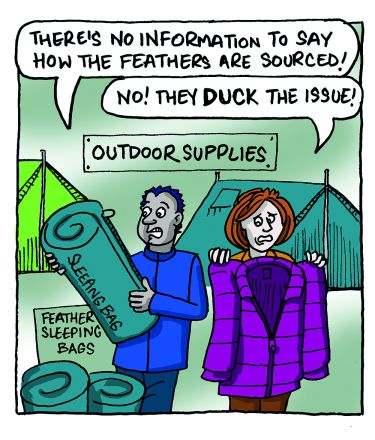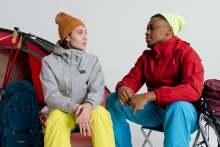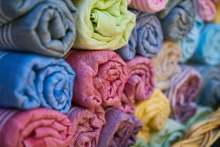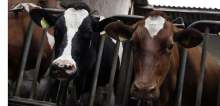Down is a prized commodity for the outdoor equipment industry and is used in insulated, padded and puffer jackets, and sleeping bags.
Every year, hundreds of tonnes of down are processed, from millions of ducks and geese, mainly in China. These geese and ducks can have their feathers plucked while alive, repeatedly for years, and the more you ‘live-pluck’ a bird, the more sought-after their down is for its higher ‘fill-power’ (warmth per volume). Down and feathers may also come from birds that have been cruelly force-fed for the controversial pâté, foie gras.
Many outdoor gear manufacturers state that the feathers they use come only from birds that were reared and killed for meat, and that were only plucked after slaughter. Indeed, most of the world's down is removed from ducks and geese after slaughter. However, there may be very little traceability within the supply lines of companies to guarantee that this is the case.
Since 2008, international animal welfare charity Four Paws has worked with some leading outdoor brands, and many of these companies have now started to make the supply chain of the down that they source both traceable and transparent.









